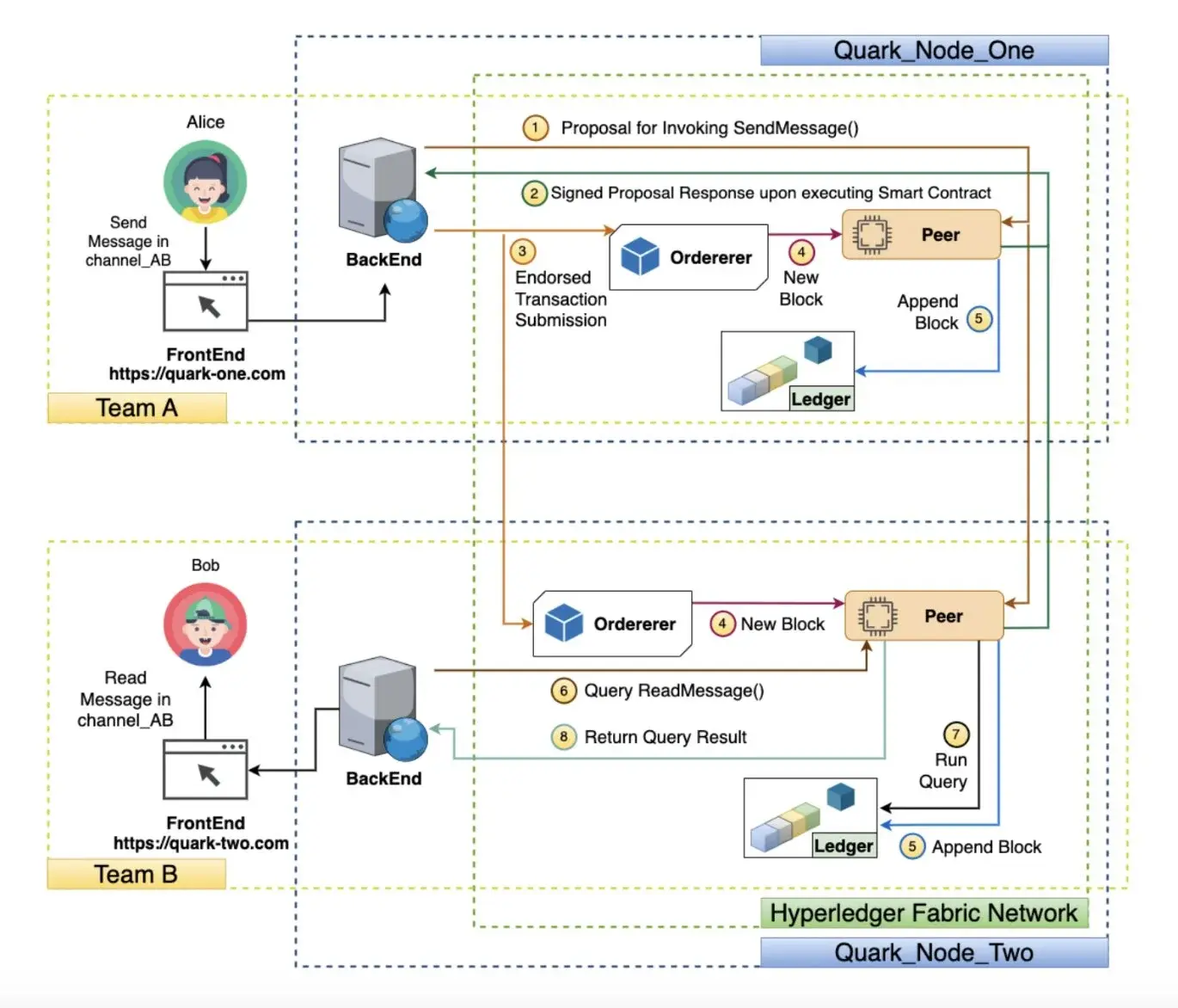Researchers from several institutes worldwide recently developed Quarks, a new, decentralized messaging network based on blockchain technology. Their proposed system could overcome the limitations of most commonly used messaging platforms, allowing users to retain control over their personal data and other information they share online.



If the state, with its monopoly on force, says that you don’t own land, what difference does it make if it’s a piece of paper, a record in a traditional relational database, or a transaction on the blockchain?
Title ownership of a piece of land is only as good as the enforcement mechanism of that title mechanism. Changing from recorded paper deeds to PDFs in a centralized database made sense (and was backwards compatible). Changing from PDFs in a centralized database to a blockchain doesn’t actually change the enforcement mechanism, and makes it less efficient. So what’s the point?
Obviously if the state doesn’t enforce the titles they’re useless. Sure if the president of a corrupt country decided he wants your house he’s gonna get it. But a DLT would prevent lower level corruption that relies on the benefit of the doubt.
If a corrupt official uses their access to change the PDF title of your house to be in his name, he could take that to court to take your house from you. A ledger would prevent that change from happening, or at least leave a permanent record of the change
Yes. That’s why most western land ownership systems moved to written ledgers in continuous, sequential books since, like, the slow collapse of feudalism 400-600 years ago. Let anyone add to the record but store those records in a way that they can’t be tampered with or removed after the fact, and let basically the entirety of the county’s land ownership records be tied up in one ledger that all land owners have an interest in properly preserving integrity.
Basically, blockchain doesn’t actually help any more than simple/regular digitization does. Which already happened in most places 25-50 years ago.
This is not worth our time to keep arguing. I hope you have a nice day! :)